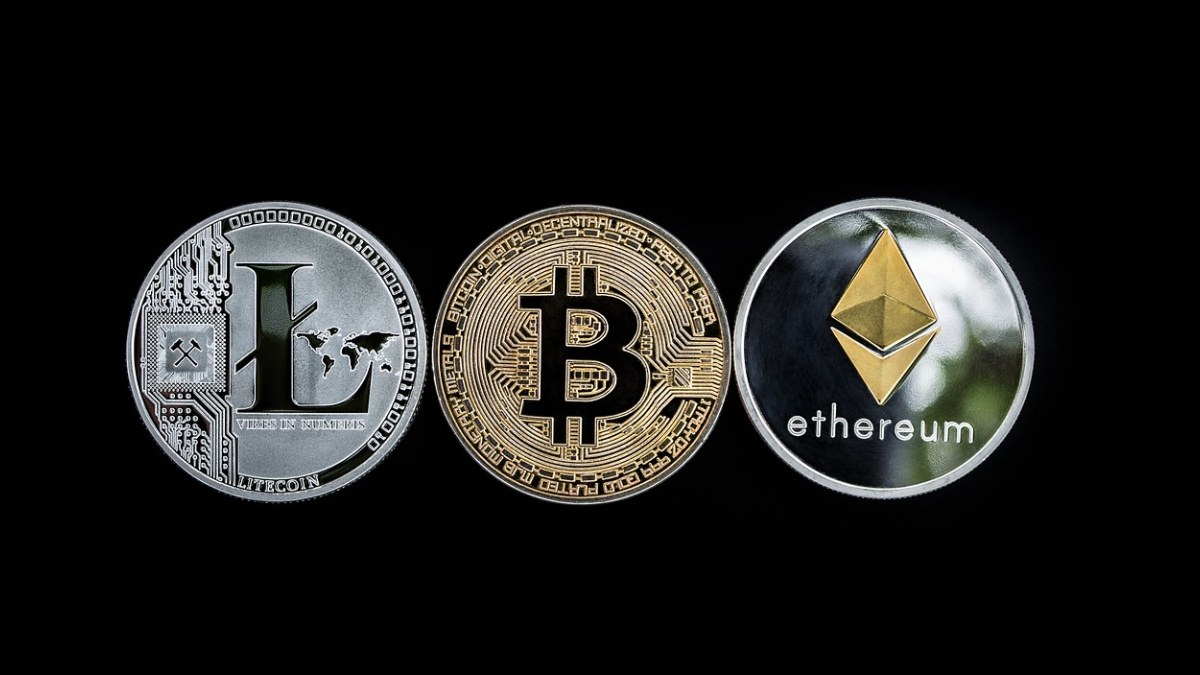Sam Altman’s ambitious crypto venture, Worldcoin, is embarking on a global expansion, introducing its services as a reliable solution for distinguishing humans from AI in the online realm. Additionally, the startup aims to facilitate global democratic processes and open up new avenues for economic opportunity.

With substantial funding of approximately $250 million, Worldcoin boasts prominent backers, including Andreessen Horowitz, Khosla Ventures, and Reid Hoffman.
The company is now deploying its identity technology and token on an international scale. To obtain their unique World ID, individuals can download the World App, which serves as the protocol-compatible wallet software.
Furthermore, they can visit an Orb, an intriguing helmet-shaped eyeball-scanning verification device designed by the startup. With these pioneering measures, Worldcoin seeks to revolutionize the way people interact with cryptocurrencies, forging a path toward enhanced inclusivity and security in the digital landscape.
On Monday, the highly-anticipated Worldcoin project was officially launched, initiating eyeball scans in various countries, including Britain, Japan, and India.
During a crypto conference held in Tokyo, attendees witnessed an intriguing sight: a gleaming silver globe flanked by placards declaring the arrival of “Orbs.” Eager participants formed queues, opting to have their irises scanned by the cutting-edge device. In return, verified users were promised 25 free Worldcoin tokens as a reward.

While some users expressed reservations about data collection concerns, their curiosity about the project prevailed. Worldcoin proudly shared that it had already issued IDs for over two million individuals across 120 countries, predominantly during a successful trial period spanning the last two years. As the venture gains momentum, it holds the promise of revolutionizing the crypto landscape and paving the way for a more inclusive and secure digital future.
There’s a risk with having the data of your own eyes collected by a company, but I like to follow the most up-to-date crypto projects,” remarked Saeki Sasaki, aged 33.
Although feeling a little apprehensive, Sasaki decided to go ahead with the eye-scanning process, realizing that there was no turning back now.
However, privacy campaigners like the Electronic Privacy Information Center have raised concerns about Worldcoin’s data collection practices, considering it a potential privacy nightmare.
When approached for comment, Worldcoin did not respond to inquiries from Reuters regarding its privacy policies as of Tuesday. On its website, the company claims the project is “completely private,” with options for either deleting biometric data or securely storing it in encrypted form, providing users some measure of control over their data.
Over a span of three years, Worldcoin has diligently worked on its project, discreetly enlisting individuals from various countries, India included, and rewarding them with 25 Worldcoin tokens upon onboarding. However, the journey has not been without challenges.
The initiative faced criticism for alleged exploitative practices, particularly in economically disadvantaged regions. Despite the obstacles, the startup has managed to attract over 2 million verifications of World IDs through Orbs stationed across more than 30 different countries, between May 2021 and July 2023.

On the Worldcoin website, they explain the different ways their platform can be useful. This includes making coupons and loyalty programs more effective while also reducing the risk of fraud. The technology also helps fight against bots by verifying identities and creating a democratic system of governance that works worldwide.
Currently, Worldcoin holds around 20% of its tokens, and its initial launch did not include the United States. The company has limited the first 15 years’ token supply to 10 billion “WLD.” As of its launch on Monday, the maximum number of ERC-20-based tokens in circulation is 143 million, as stated in the whitepaper.







